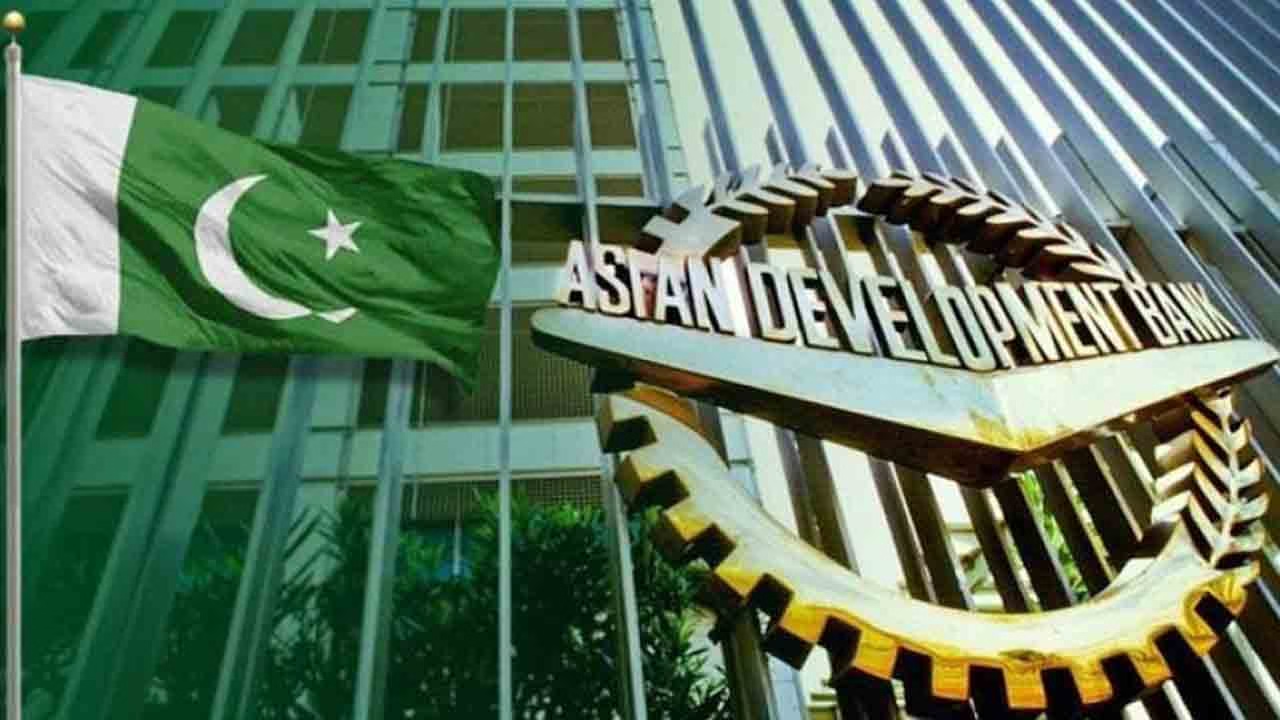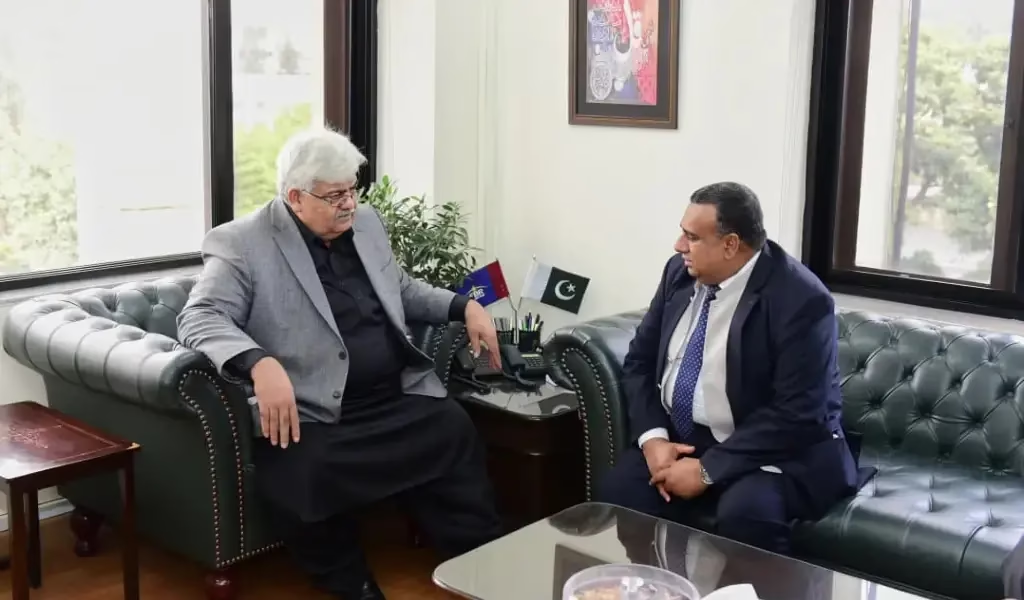In a significant step towards strengthening Pakistan’s economy, the Asian Development Bank (ADB) has approved an $800 million financial support package for the country under the Resource Mobilization Reform Program. The announcement was made by Finance Advisor Khurram Shahzad, who highlighted that this initiative aims to bring crucial reforms in revenue generation and financial governance, setting the stage for long-term economic stability.
Breakdown of the Support Package
According to Shahzad, the ADB’s package includes a $300 million loan and $500 million in credit guarantees. This blended support has been granted with majority backing from the ADB board of directors, reflecting international confidence in Pakistan’s reform agenda.
The $500 million guarantee component will help Pakistan raise funds from global capital markets on more favorable terms, while the $300 million loan is directly aimed at supporting the implementation of fiscal and resource mobilization reforms.
This approval is a reflection of Pakistan’s renewed commitment to enhancing its economic architecture, said the Finance Advisor.
Joint Efforts Behind the Achievement
The Ministry of Finance emphasized that this achievement is the result of intensive coordination and diplomatic efforts by the Ministry of Economic Affairs and the Ministry of Finance. Their collaborative engagement with international financial institutions was key in securing this critical support during a challenging economic period.
Officials noted that Pakistan’s consistent policy engagement with the ADB and its partners helped reinforce the country’s case for financial assistance, based on a clear roadmap for resource mobilization and tax reform.
Objectives of the Resource Mobilization Reform Program
The primary aim of the Resource Mobilization Reform Program is to expand Pakistan’s revenue base by addressing structural issues in the tax system, improving tax administration, and broadening the tax net.
The initiative focuses on:
- Enhancing the efficiency and fairness of the tax system
- Increasing government revenue without overburdening the existing taxpayer base
- Promoting fiscal discipline and reducing reliance on external borrowing
- Strengthening public financial management
Finance officials noted that reforms under this program will help streamline tax collection mechanisms, reduce leakages, and create a more equitable tax environment, ultimately leading to improved economic resilience.
Path Toward Economic Independence
Speaking on the broader impact of this financial assistance, Khurram Shahzad emphasized that the program represents a step forward in achieving economic self-reliance.
“By improving revenue collection and expanding the country’s fiscal capacity, Pakistan can reduce its dependency on international borrowing and enhance its ability to invest in critical sectors such as education, health, and infrastructure,” he stated.
The Ministry of Finance echoed this sentiment, highlighting that reforms under the ADB-backed program will empower the government to increase domestic resource mobilization—a foundational pillar for sustainable development.
A Boost to Investor Confidence
Economists suggest that this package could also send positive signals to international investors and development partners. The combination of financial support and reform measures demonstrates that Pakistan is serious about making structural changes, which could lead to greater foreign direct investment (FDI) and improved credit ratings.
Moreover, the partial credit guarantees are expected to facilitate better access to global capital markets, potentially lowering Pakistan’s borrowing costs and enabling more development-oriented spending.
As Pakistan continues to face challenges like fiscal deficits, inflation, and external debt, this ADB package provides much-needed relief and direction. However, the real test lies in effective implementation of the reform program and ensuring that the benefits reach the grassroots level.
Khurram Shahzad concluded, This is not just financial support—it’s a doorway to reform, to transformation, and to renewed economic hope. We must make the most of it by committing to transparency, efficiency, and good governance.
With this development, Pakistan has an opportunity to reshape its economic landscape, strengthen its financial systems, and move closer to the goal of economic independence.



